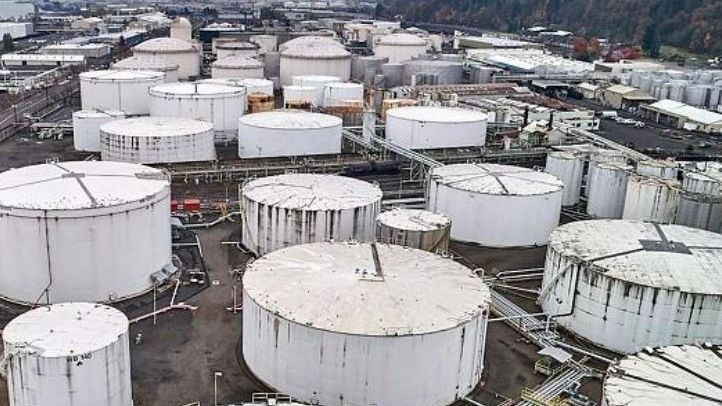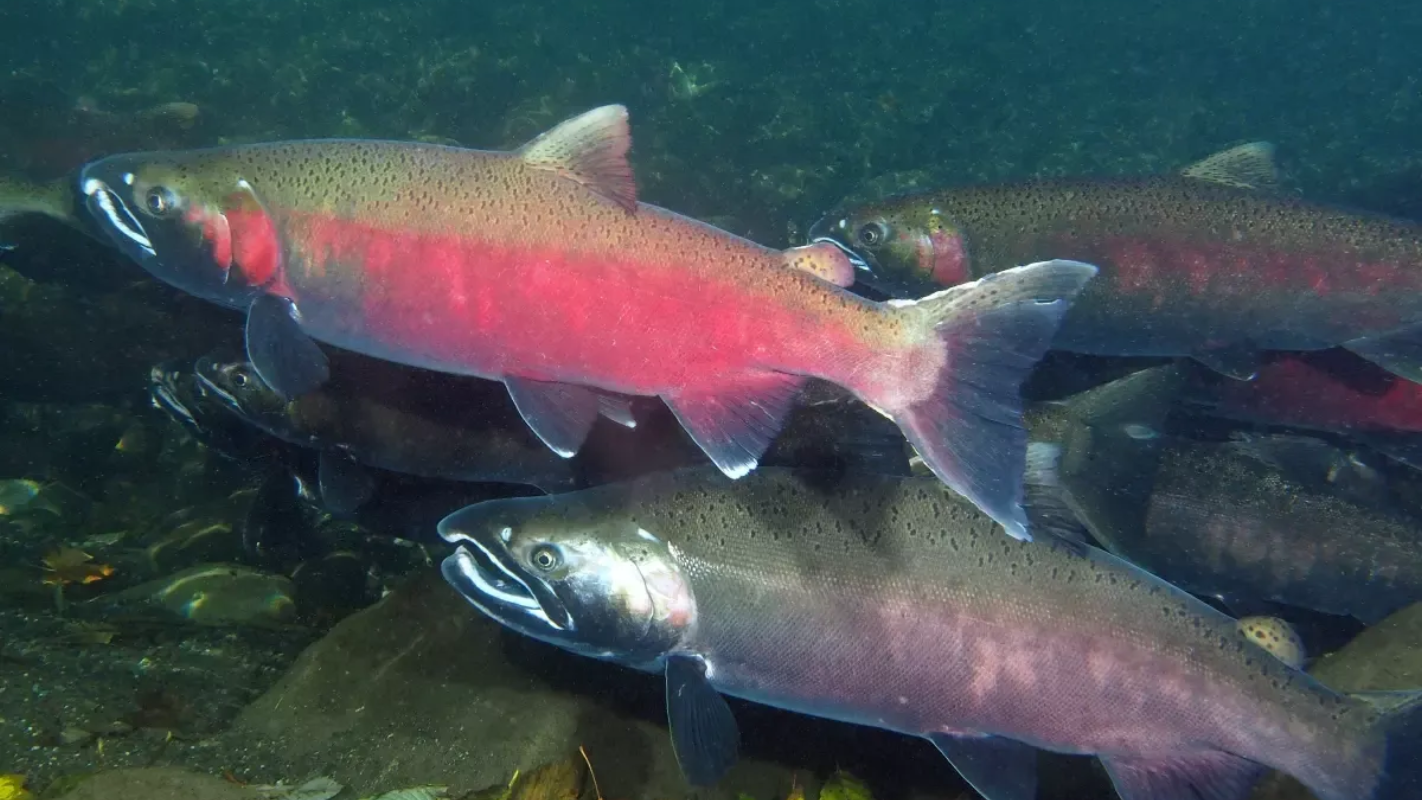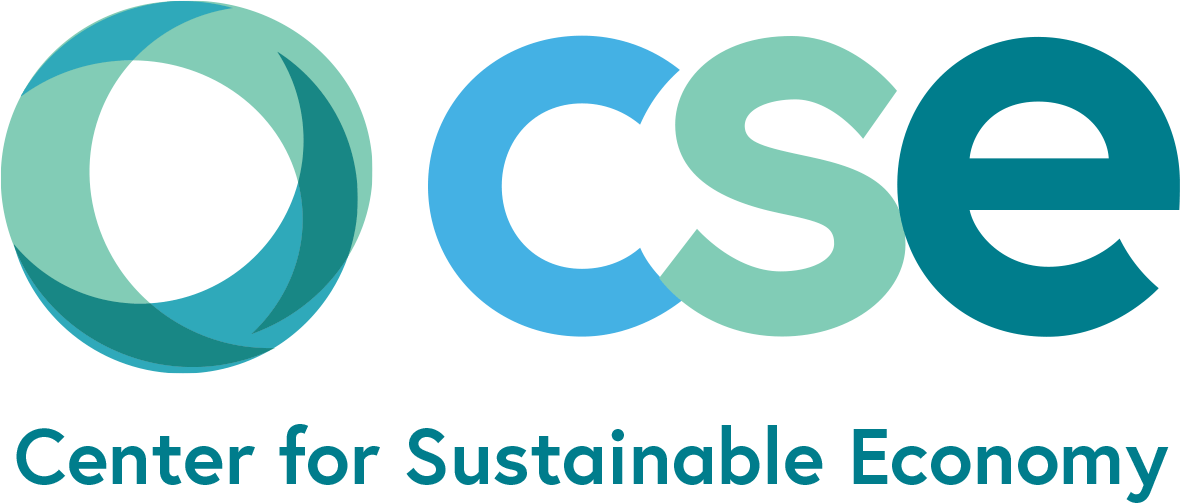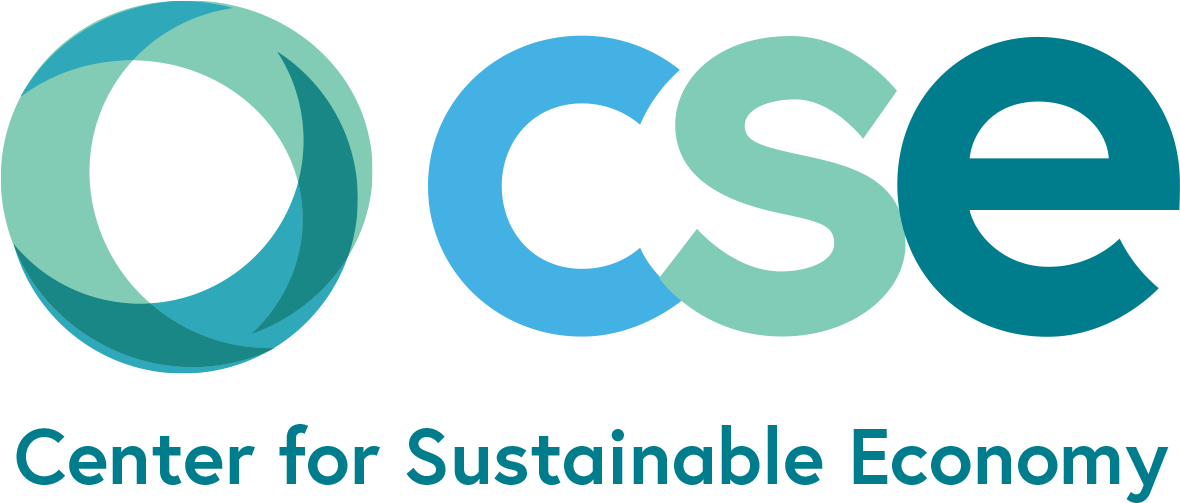CURRENT INITIATIVES

A NEW REVENUE MODEL FOR WASHINGTON STATE FORESTS

Washington State manages 2.4 million acres of forestland to help fund schools and public services. Historically, timber production has been prioritized but with catastrophic results for climate, biodiversity, and rural economies. CSE is working with partners to develop a new model based on conservation leasing, recreation, carbon and other ecosystem services.
| COMMENTARY | Time to Get Washington Department of Natural Resources Out of the Logging Business. |
| LITIGATION | Court Halts Logging Over Climate Impacts. |
| ADVOCACY | State Environmental Policy Act Comments, Wishbone Timber Sale. |
CLIMATE CHANGE ECONOMICS AND POLICY

Climate change is the most spectacular market failure humanity has ever faced. Greenhouse gas emissions from fossil fuels, deforestation and industrial agriculture externalize over $5 trillion a year in damages to the built environment, natural ecosystems, and human health. CSE is working to account for these damages and enact ‘polluter pays’ policies to pay for adaptation.
| COMMENTARY | When a 100% tariff is justified. The case for border carbon adjustments on Canadian pulp. Washington Times. |
| REPORT | Climate Change Adaptation in Oregon: What will it cost and who will pay? |
| REPORT | The Economic Costs of Climate Change for Oregonians. A first look. |
| REPORT | Fossil Fuel Risk Bonds: A policy innovation makes headway in the Pacific Northwest. At Brookings.edu. |
CLIMATE IMPACTS OF INDUSTRIAL LOGGING

Clearcutting, dense networks of logging roads, and tree plantations emit large quantities of greenhouse gas emissions, reduce the carbon sequestration capacity of the land and increase risks associated with drought, wildfires, and water shortages. CSE publishes high quality research documenting these effects for partners to inform participation in forest management decisions.
| REPORT | A Preliminary Analysis of Greenhouse Gas Emissions Associated with Clearcut Logging on the Trout Lake and Wabigoon Concessions, Ontario, Canada. |
| NEWS | New Study Suggests California Should Start Counting Timber Industry’s Greenhouse Gas Emissions. Anewscafe.com. |
| REPORT | Climate Impacts of Logging and Wood Products in Shasta and Siskiyou Counties, California |
| JOURNAL ARTICLE | Forest Carbon Tax and Reward: Regulating greenhouse gas emissions from industrial logging practices. |
| REPORT | Climate Impacts of the Nez Perce – Clearwater Revised Land and Resource Management Plan. |
| NEWS | This Idaho forest needs a new management plan. Its wild, pristine nature could be at state. Idaho Statesman Journal. |
| REPORT | Climate Impacts of Industrial Logging Practices in North Carolina. Part I: GHG Emissions. |
| REPORT | Climate Impacts of Industrial Logging Practices in North Carolina. Part II: Climate Resiliency. |
FOREST CARBON TAX AND REWARD

Industrial logging activities are major sources of greenhouse gas pollution but are currently unregulated under state climate action agendas. CSE is working to help fill this void by advocating for a forest carbon tax and reward system to incentivize the transition to climate smart forestry while raising revenues for ecological restoration and economic diversification.
| COMMENTARY | Time to Get DNR Out of the Logging Business. |
| POST | Tax Clearcuts: Reward Climate Smart Practices. |
| JOURNAL ARTICLE | Forest Carbon Tax and Reward: Regulating greenhouse gas emissions from industrial logging practices. |
FOSSIL FUEL RISK BONDS

Fossil fuel risk bond programs are market-based mechanisms for shielding taxpayers from the financial liabilities associated with fossil fuel infrastructure and climate change. CSE pioneered the concept and is now actively working with elected officials at the federal, state and local levels on implementation. Major progress has been achieved in the Pacific Northwest.
| REPORT | Fossil Fuel Risk Bonds: A policy innovation makes headway in the Pacific Northwest. At Brookings.edu. |
| LEGISLATION | Multnomah County “Phase 1” Resolution |
| LEGISLATION | King County, WA “Phase 3” Ordinance |
| REPORT | Fossil Fuel Risk Bonds. Safeguarding public finances from product life cycle risks of oil, gas, and coal. |
GENUINE PROGRESS INDICATOR

At the Rio+20 Summit 172 nations signed an agreement to collectively advance seventeen Sustainable Development Goals to eradicate poverty while replenishing the Earth’s declining ecological capacity. New performance metrics are needed, and the Genuine Progress Indicator enjoys widespread support. CSE pioneered the current GPI methodology and works at the
| POST | New Research Finds EU’s Welfare Increasingly Divergent with GDP Growth. |
| LEGISLATION | Ilhan Omar Just Introduced a Bill to Make people and the planet priorities for economic policy. |
| POST | GPI 2.0: States and cities can lead the way beyond GDP. |
| JOURNAL ARTICLE | Genuine Progress Indicator 2.0: Pilot accounts for the US, Maryland and City of Baltimore 2012 – 2014. |
HALTING SALMON MORTALITY FROM 6PPD-Q POLLUTION

Coho salmon face extreme mortality risk from tire wear particles that enter stormwater and oxidize into the lethal pollutant 6PPD-Q. Mortality events of over 90% are routine. The solution is to phase out this tire additive and construct advanced stormwater facilities to filter out the pollutant. CSE is providing expert support for litigation and land use advocacy to advance both goals.
| POST | 6PPD-Q: A deadly salmon pollutant lurks in stormwater runoff. Cost considerations for responsive BMPs. |
| WEBSITE | Maven’s Notebook Feature: From roads to rivers: How state agencies are tackling salmon-killing tire pollution. |
| LITIGATION | Institute for Fisheries Resources et al. vs. Bridgestone Americas, Inc., et al. Earthjustice ESA complaint. |
| ADVOCACY | CSE-KEC comments on Home Depot project and Army Corp 404 permit. |


